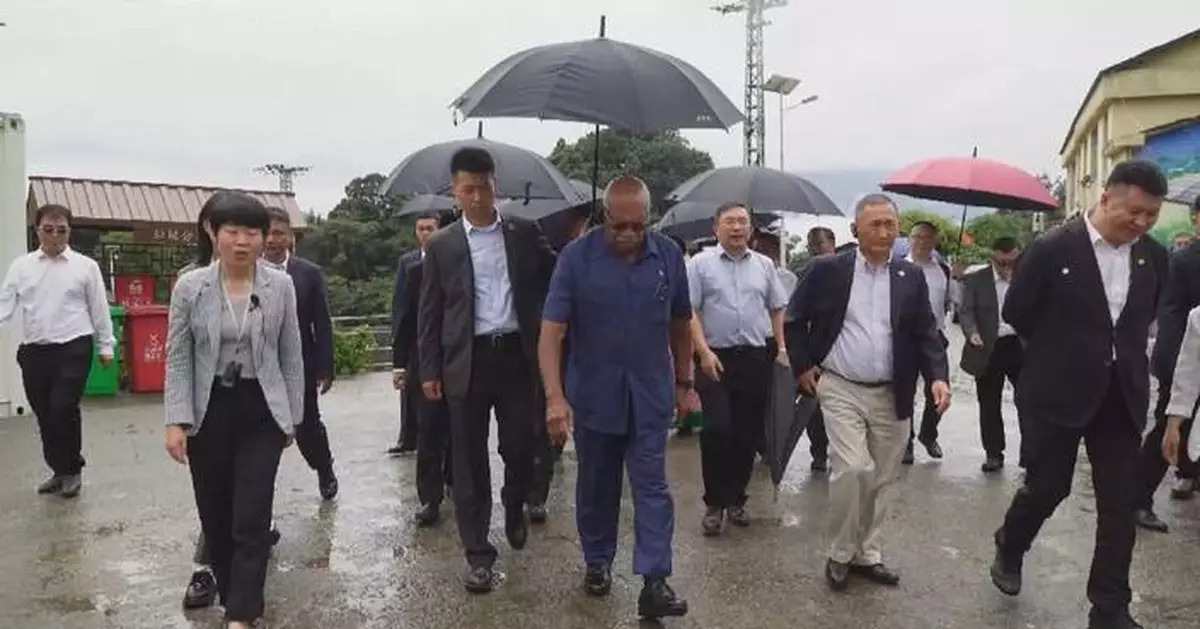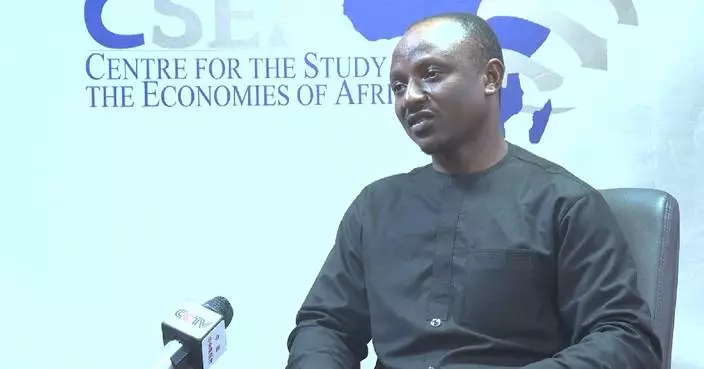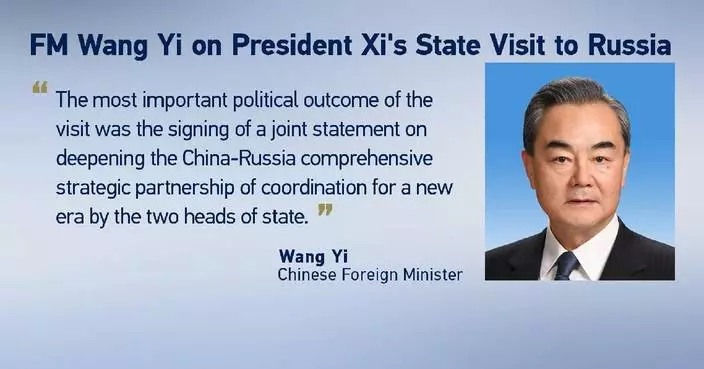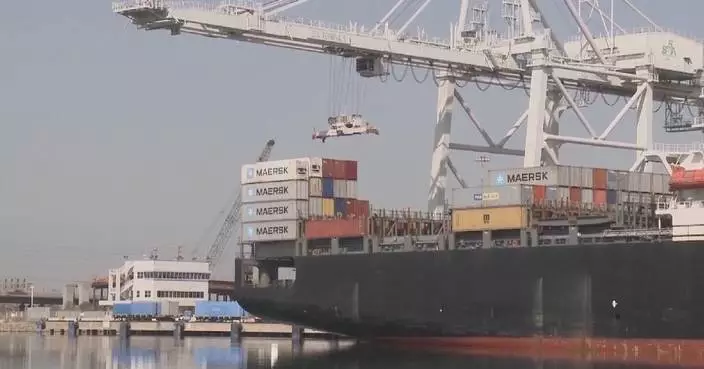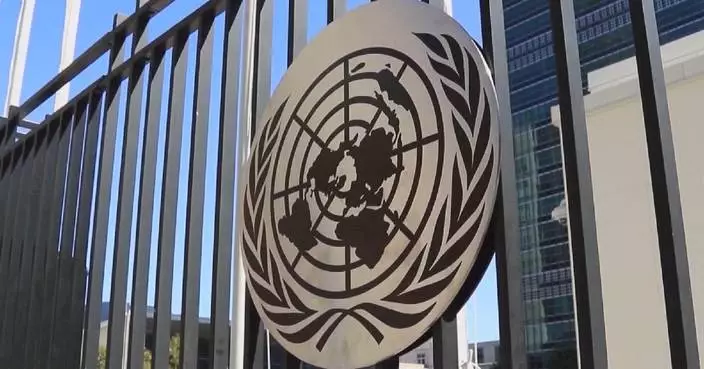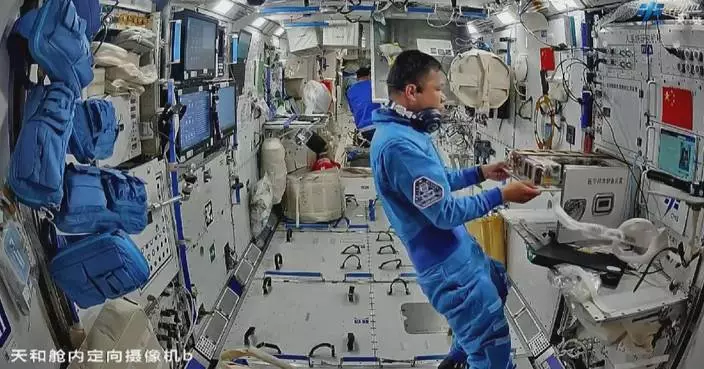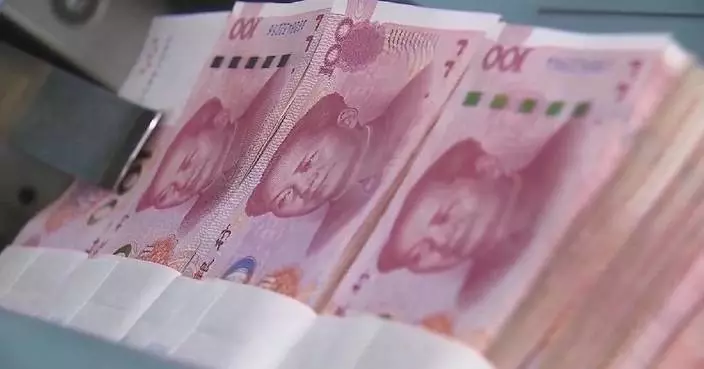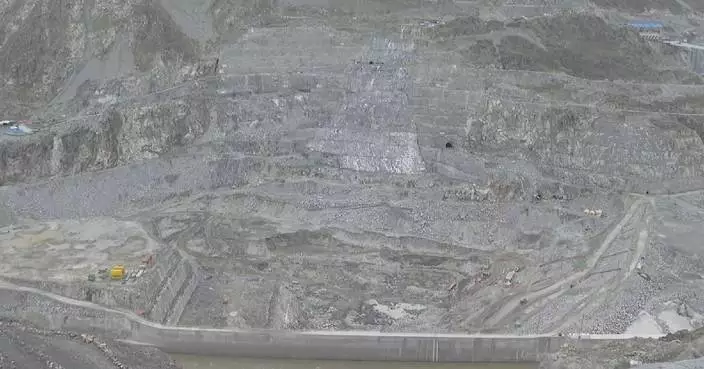Fijian Prime Minister Sitiveni Rabuka toured a border county in southwest China's Yunnan Province on Tuesday and hailed the eye-opening scale of China's rural development efforts, saying he hopes to deepen cooperation with the country in the future.
Rabuka's trip to rural Yunnan comes as part of an extensive 10-day official visit to China from Aug 12 to 21, during which ties between the two sides are set to be strengthened.
On Tuesday afternoon, Rabuka arrived in Yunnan's Malipo, a county sitting on the China-Vietnam border. There he toured two villages - Ping'anpo and Nanyou - where he learned how rural revitalization is taking place, in terms of agricultural development, education, and the protection of ethnic culture.
The Fijian prime minister was impressed by how these remote villages have undergone tremendous changes in such a short period of time, and said that as his own country is also dedicated to reducing poverty, Malipo's approach to rural development could serve as an inspiring model.
"For me, it's an eye opener in the sense that we thought we were doing our poverty alleviation and regional, rural and outer island development programs well. But when you look at the scale and the leaps and bounds that China has taken over the same period, it's really amazing," he said.
Fiji was the first Pacific Island nation to establish diplomatic ties with China back in 1975 and over the past five decades the two countries have witnessed close exchanges across various fields.
Looking ahead, Rabuka said he expects more collaboration with China under the Belt and Road Initiative, and also singled out the success of China's booming e-commerce sector as another area from which Fiji can learn from. He said hopes to advance more in terms of improving digital infrastructure and leave behind a future legacy in his country.
"I believe [China is] well into e-commerce, which we are lagging way, way behind - not only by Chinese standards, but also internationally. Those are the areas that I feel we can really do a lot in, in the next two years that's left for my government until we get to the election. But we must do something to start the ball rolling and point the nation in the right direction for future governments to follow suit," he said.
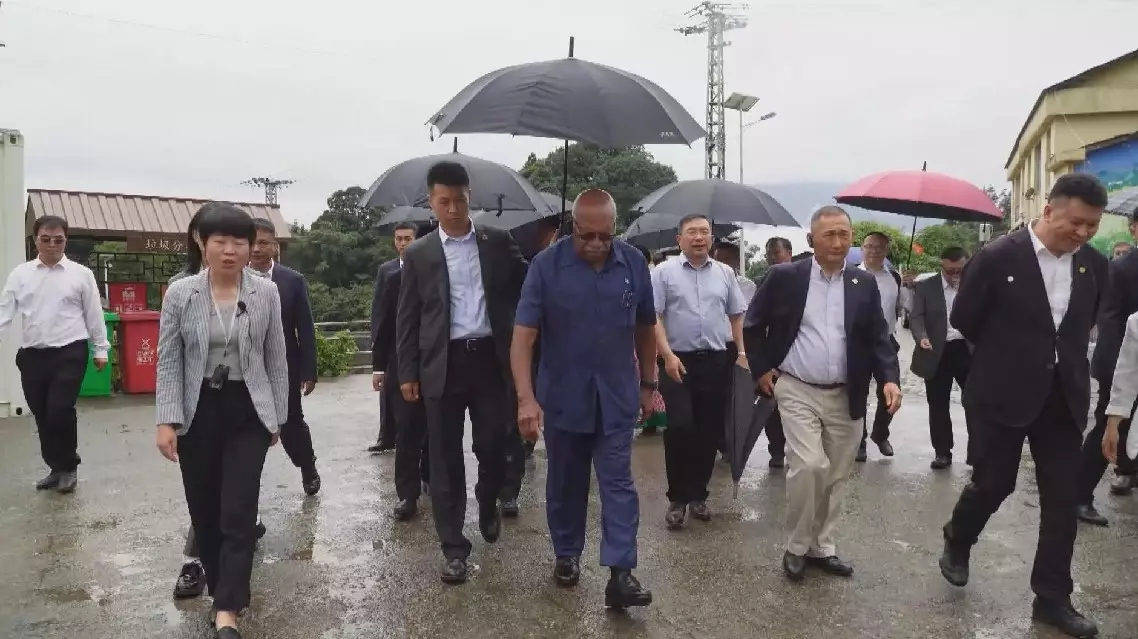
Fijian PM hopes to learn from China's "eye-opening" rural development efforts
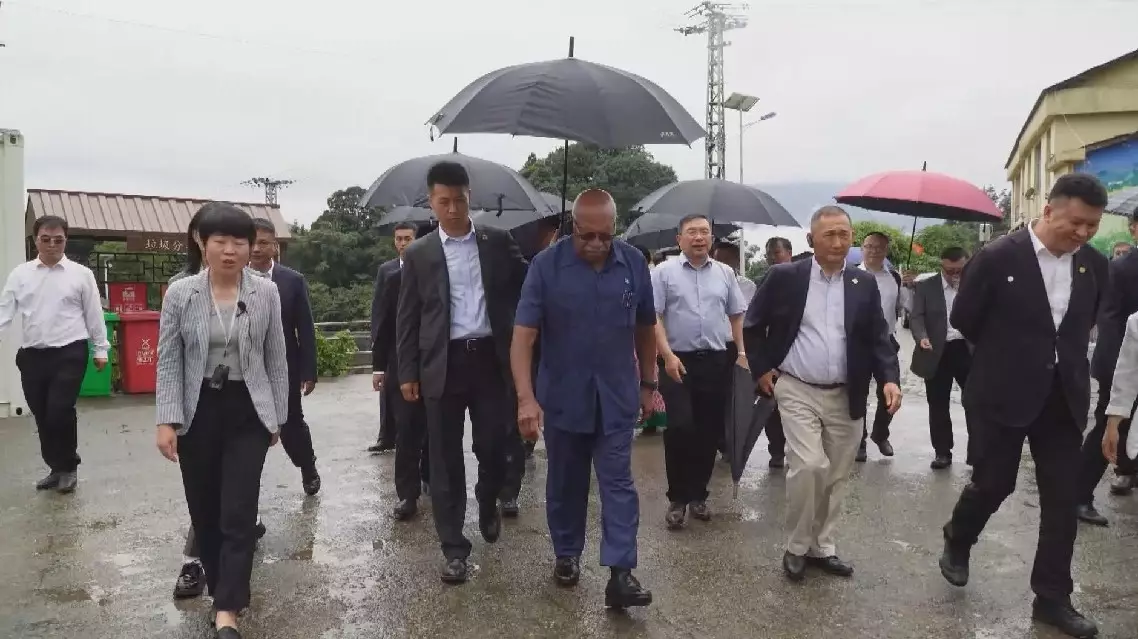
Fijian PM hopes to learn from China's "eye-opening" rural development efforts
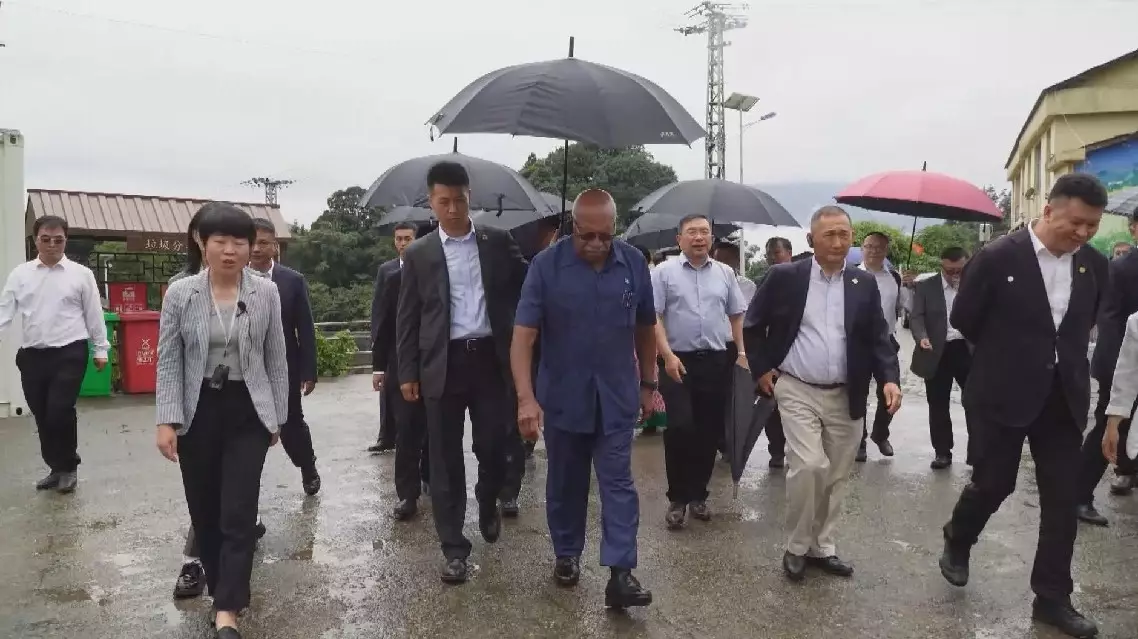
Fijian PM hopes to learn from China's "eye-opening" rural development efforts
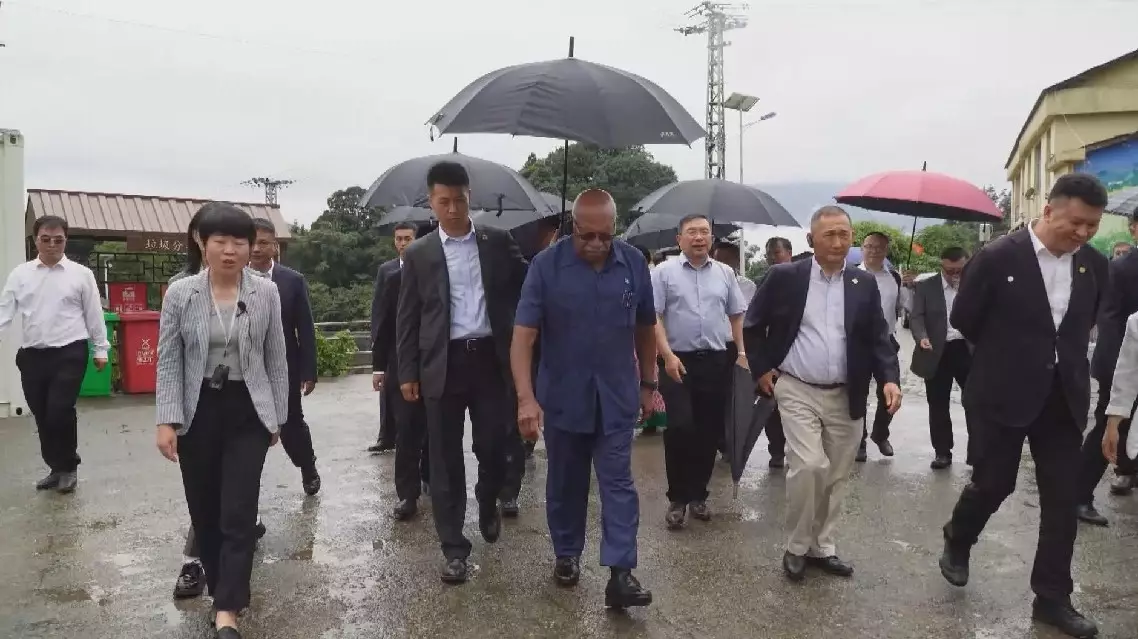
Fijian PM hopes to learn from China's "eye-opening" rural development efforts
The recent framework agreement on trade reached between the United Kingdom and the United States is not a complete deal but a step toward more talks between the two countries to smooth their trade ties, according to Allie Renison, a former UK government policy adviser.
Renison commented on the preliminary pact signed on Thursday by the U.S. and the UK governments over tariffs on some goods traded between the two countries,in an interview with the China Global Television Network (CGTN).
Under the terms of the agreement, levies on British steel and aluminum exports to the U.S will be eliminated, and duties on up to 100,000 British-made vehicles per year will be lowered from over 25 percent to 10 percent. In return, the UK will allow a tariff-free quota for 13,000 metric tons of U.S. beef and scrap tariffs on American ethanol imports.
It came after the Trump administration announced in April that it would impose sweeping "reciprocal tariffs" on America's trade partners all over the world, including its close allies.
Despite the positive steps taken by the U.S. and Britain, the Trump administration's blanket 10-percent tariffs on imports from countries around the world still apply to most UK goods entering America.
Formerly a policy adviser to the UK secretary of state for business and trade, Renison is now the director of the advocacy group SEC Newgate.
She said the bilateral agreement is not a full trade deal, which will require extensive negotiations to finalize.
"I think it's an agreement to carry on negotiating. It's a fairly incomplete one at that. It's effectively an outline framework with a couple of big-ticket headline commitments around reduction in auto tariffs and maybe conditional query about [what] we could do this on steel. But ultimately, it's not really a complete deal. It's a sort of agreement to say we'll carry on covering these kinds of areas going forward. So, [there are] the areas that will be negotiated from digital to tariff areas to non-tariff, regulatory issues. But it doesn't actually say these are the commitments that we're going to make, apart from in a few key areas -- autos, a mention of steel, and also in ethanol and beef," Renison said.
The expert said she doesn't expect to see the preliminary agreement to help reset the frayed trade ties between the two countries and believes that the negotiations were not conducted on an equal footing.
"Interestingly, if you look at some of the detail that is in there. On the one hand, it talks about creating a sort of quota for extra reciprocal market access and beef, but it also says that both sides will agree to keep their import status for food as they are. So, I think that gets around some of the issues. However, I think that even if there is this reduction in tariffs and creation of quota for U.S. beef going into the UK, ultimately, retailers and consumers are not huge fans of American beef, and they probably won't be able to distinguish. So, I don't think we'll necessarily see much actual movement even if the tariff is cut," Renison said.
"We don't see the 10-percent baseline across all imports has been reduced. There is a mention of doing it in certain areas -- key sectors that are important for the UK. There's been some immediate kind of reduction in the auto tariffs from 25 percent to 10 percent, but ultimately, even on the one hand, the UK's in a good position because it's the first country to have gotten some commitment to an outline agreement , it looks like that the U.S. is dictating the terms to some extent," she said.

UK-US framework agreement on trade not 'complete deal': British expert






